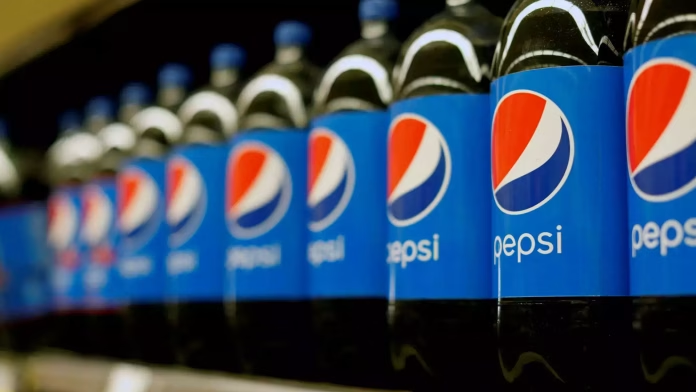On Tuesday, PepsiCo reported that its Indian beverage unit experienced “double-digit growth” in volume during the third quarter of 2023. Conversely, its “convenient foods business” saw a “mid-single-digit” decrease in unit volume in the September quarter, as indicated in the global earnings statement from the prominent food and beverage company.
In the AMESA (Africa, Middle East, South Asia) division, which includes India, PepsiCo’s net revenue decreased by 6.43 percent, falling from USD 1.73 billion to USD 1.61 billion. This decline was primarily attributed to the depreciation of the Egyptian pound and a net organic volume decrease, although it was partially mitigated by effective net pricing.
In AMESA, Pepsico’s “beverage unit volume grew 3 per cent, primarily reflecting double-digit growth in India and mid-single-digit growth in the Middle East…” it said.
Its “convenient foods unit volume declined 3 per cent, primarily reflecting mid-single-digit declines in South Africa and India, partially offset by low-single-digit growth in the Middle East and Pakistan.”
Furthermore, the operating profit of PepsiCo’s AMESA division decreased by 11 percent.
PepsiCo’s fiscal year runs from January to December.
This primarily reflects the “impact of higher commodity costs, primarily packaging materials, sweeteners and grains, largely driven by transaction-related foreign exchange,” it added.
PepsiCo, which owns popular brands such as Lay’s, Doritos, Cheetos, Gatorade, Pepsi-Cola, Mountain Dew and Quaker, posted a 6.7 per cent increase in net revenue to USD 23.45 billion for the third quarter.
On a year-to-date basis, PepsiCo has gained savoury snack share in many international markets, including China, India, and Turkey and for beverages, it gained market share in Mexico, Brazil, Turkey, China, Thailand, Egypt, and Nigeria, it added.
The New York-headquartered company said its third-quarter featured “strong, broad-based organic revenue growth”.
“The benefits from our net revenue management actions moderated as planned, while organic volume for our global beverage and convenient food businesses each posted a moderate decline,” it said.
“We believe our businesses can continue to perform well in the coming years with category growth normalising, as we have made numerous investments in our brands, manufacturing capacity, go-to-market systems, supply chain, technology, and people, to execute against our strategic framework and modernize our company,” PepsiCo Chairman and CEO Ramon Laguarta said.




